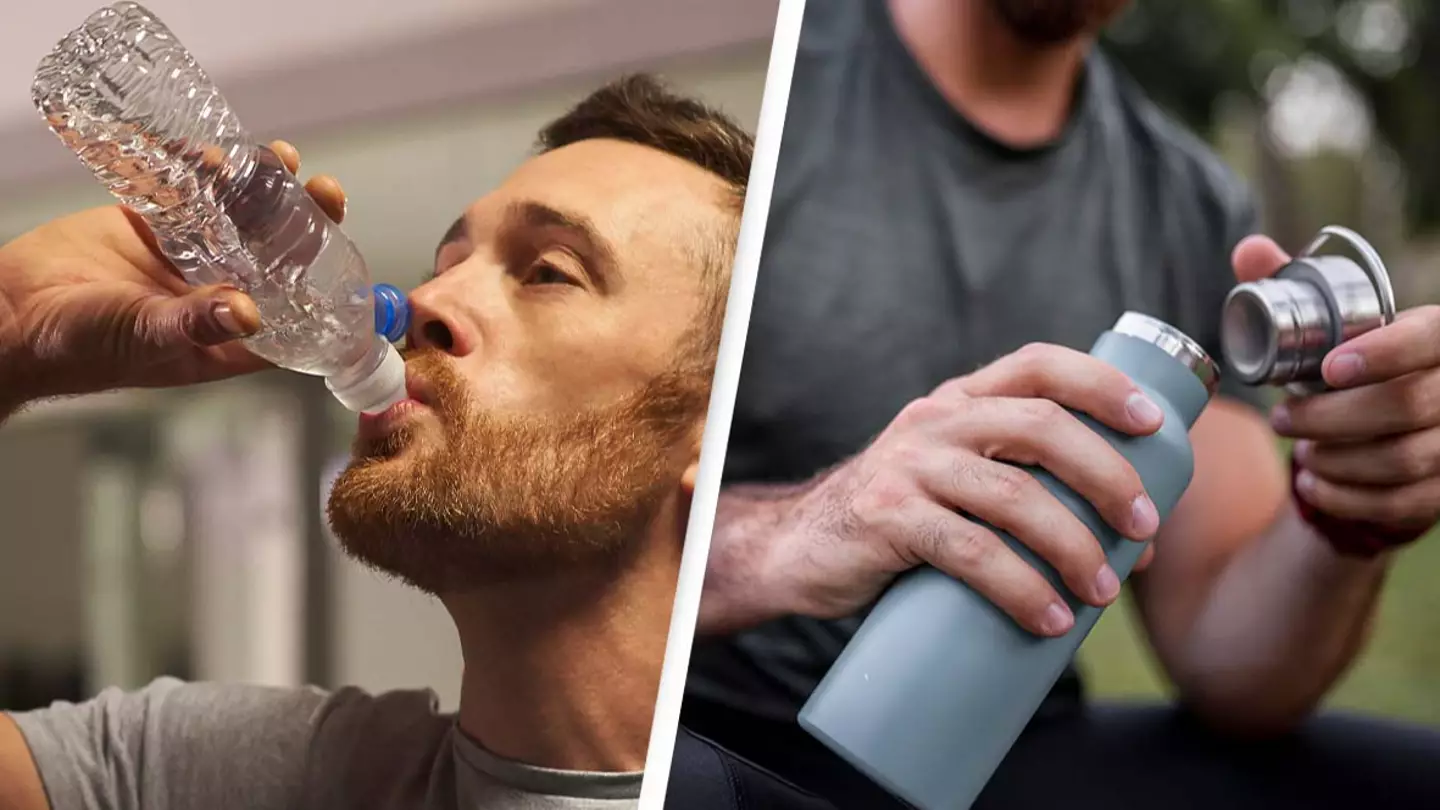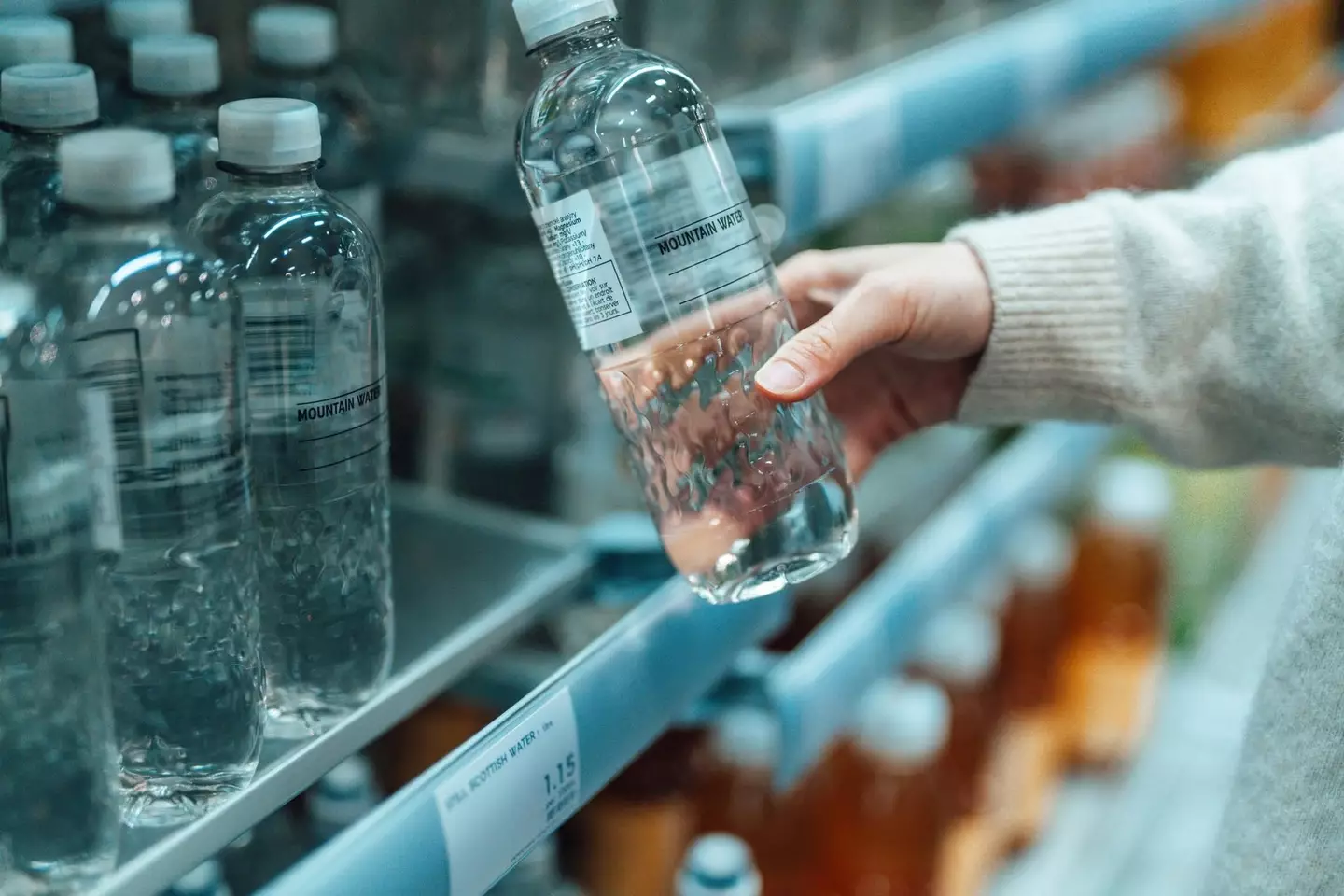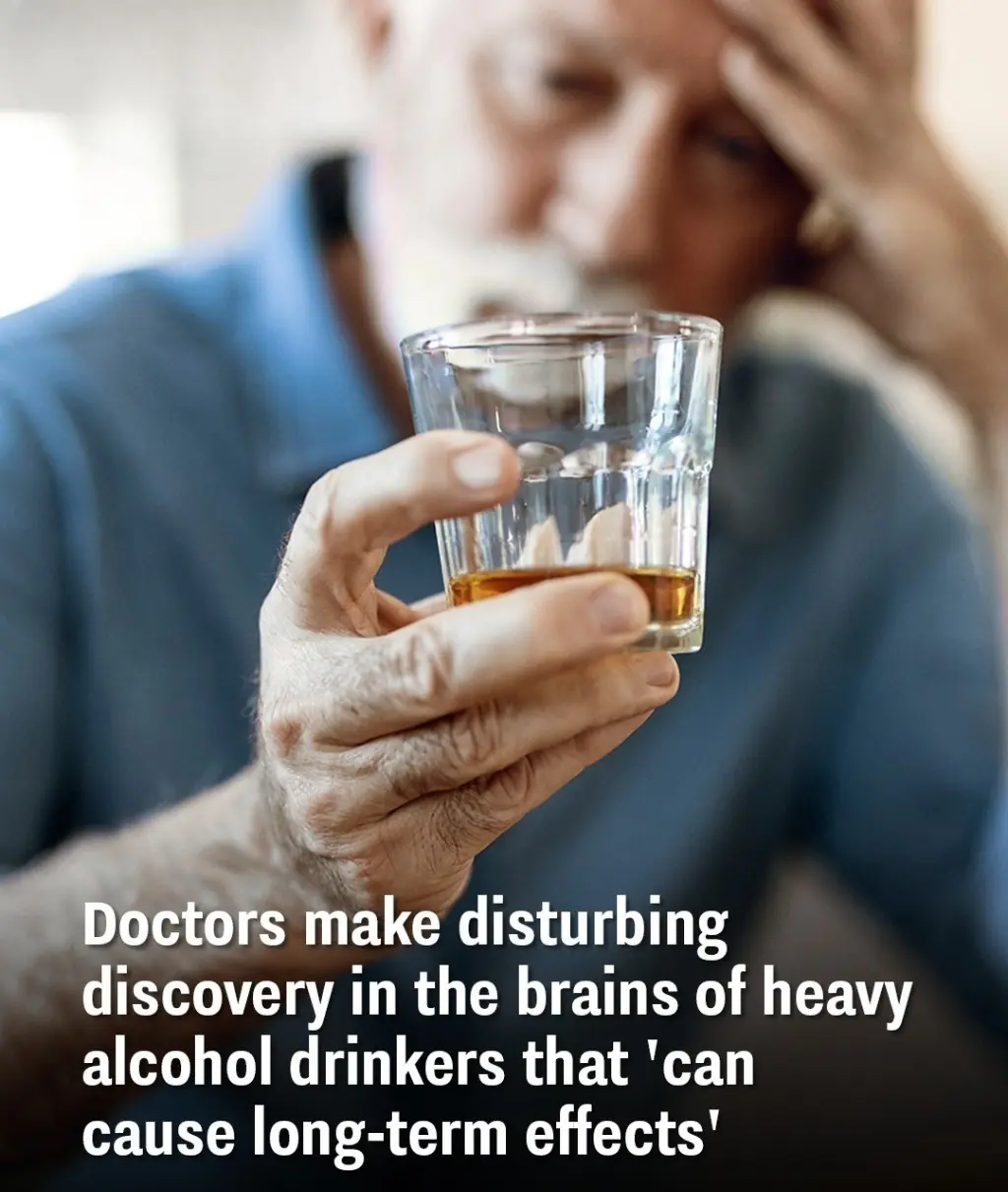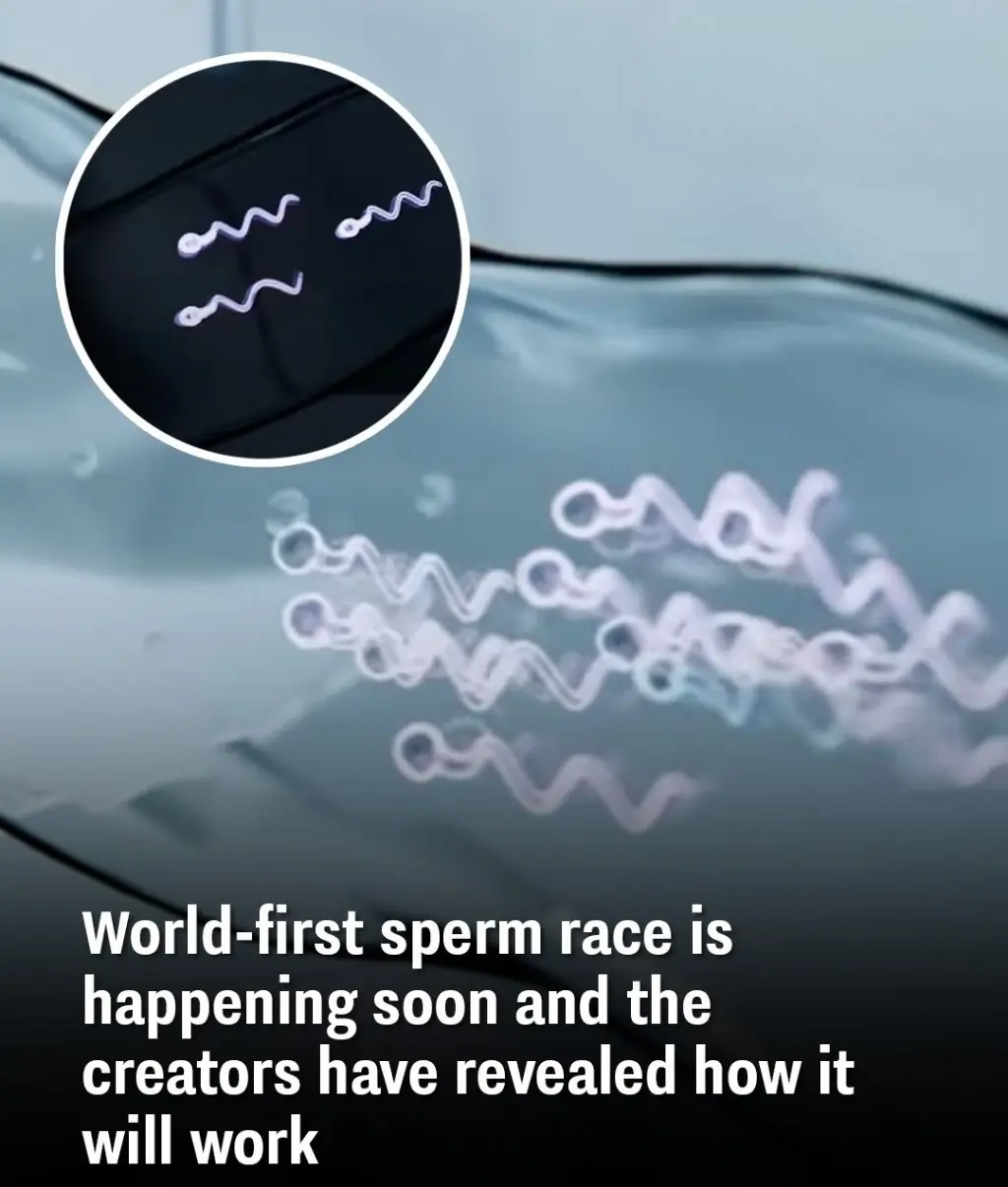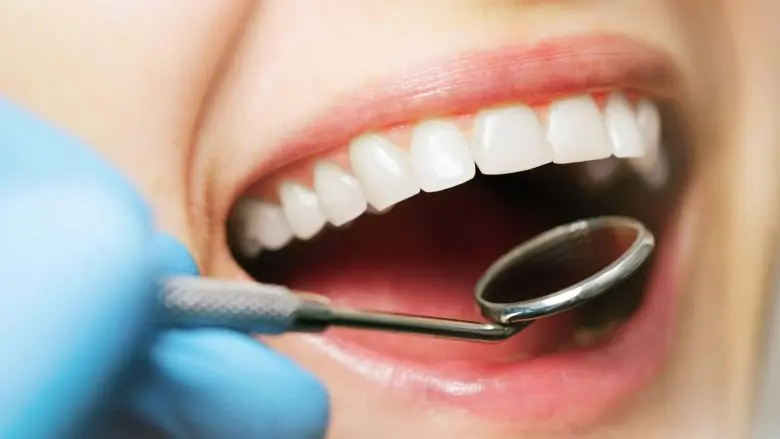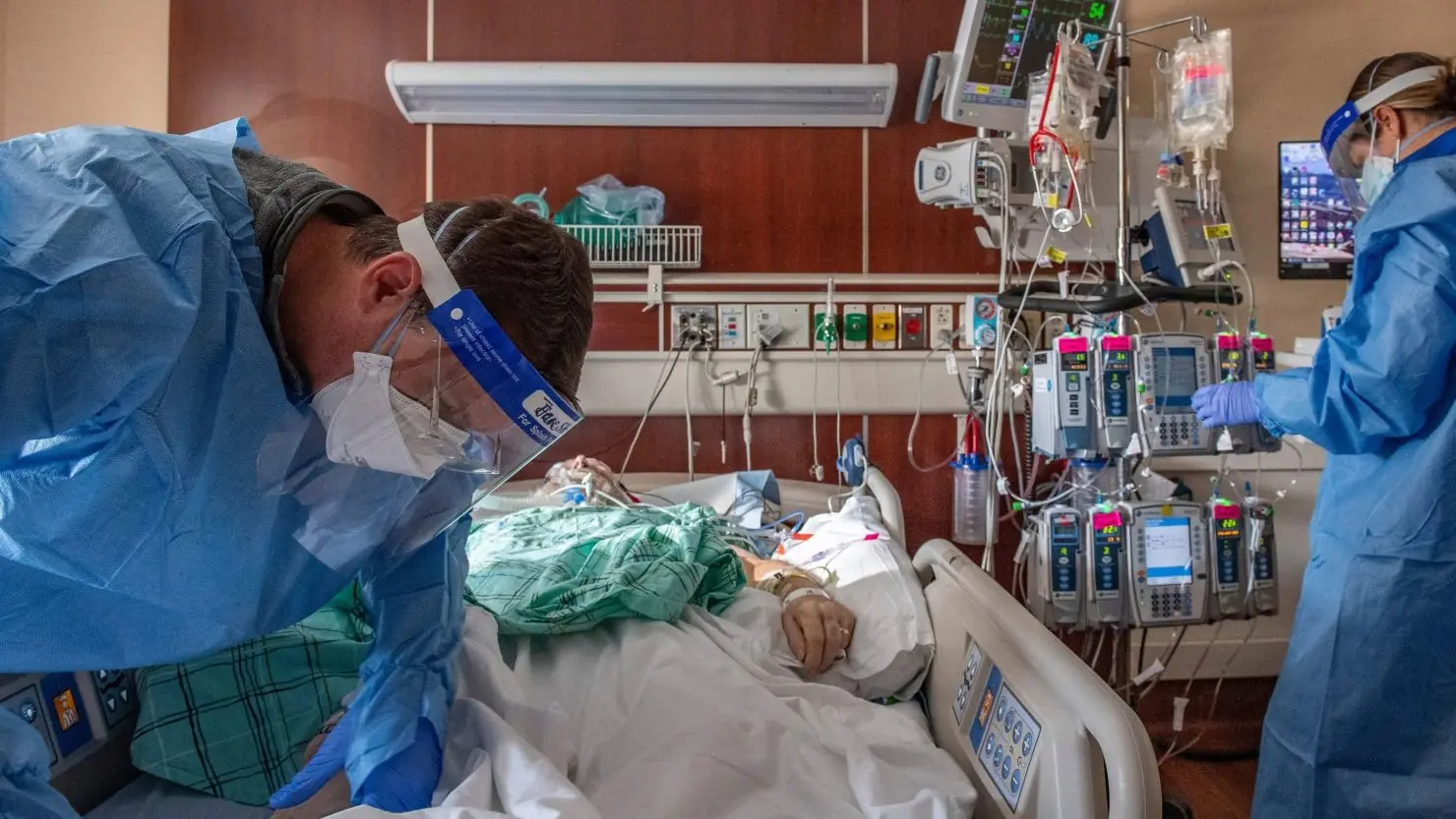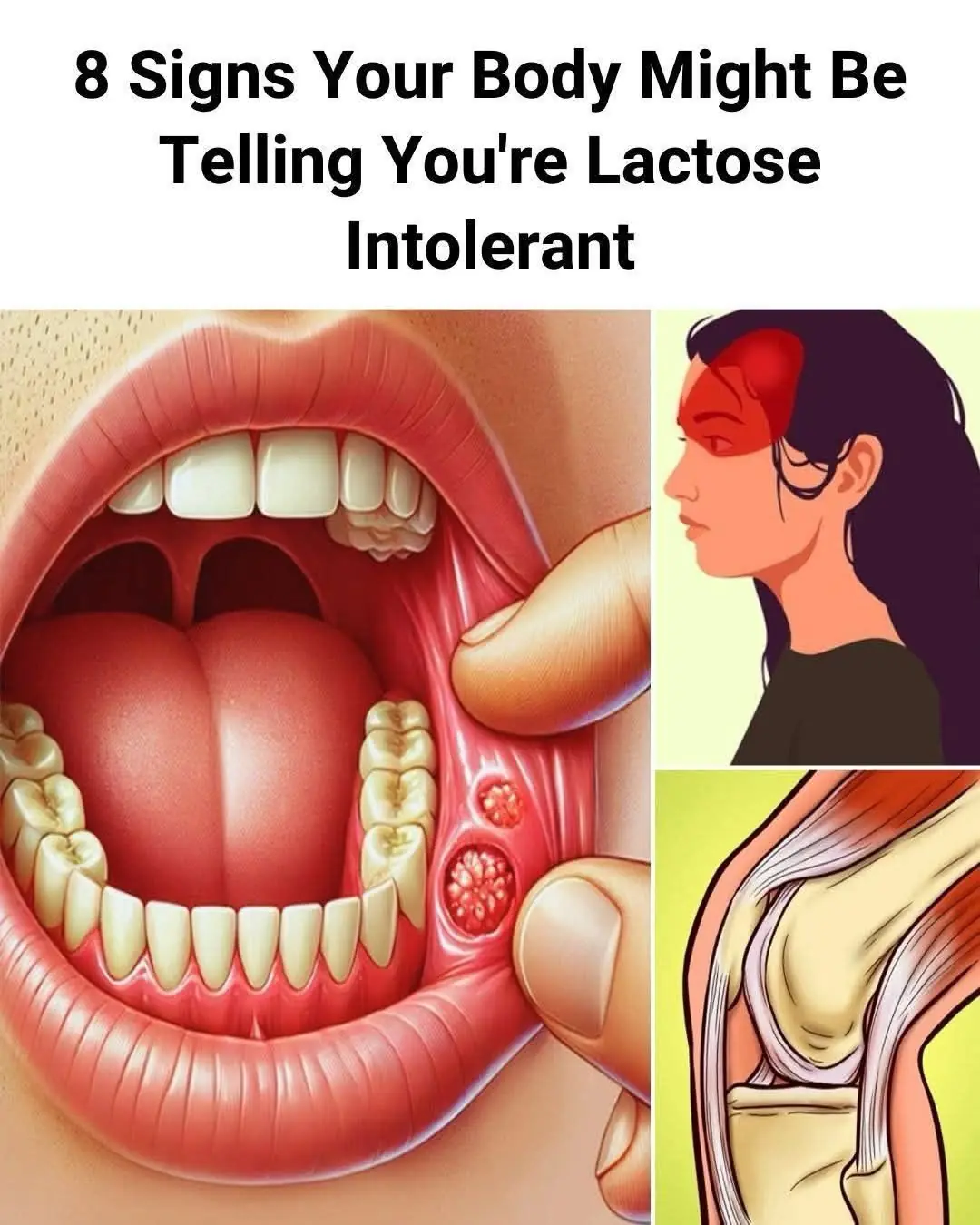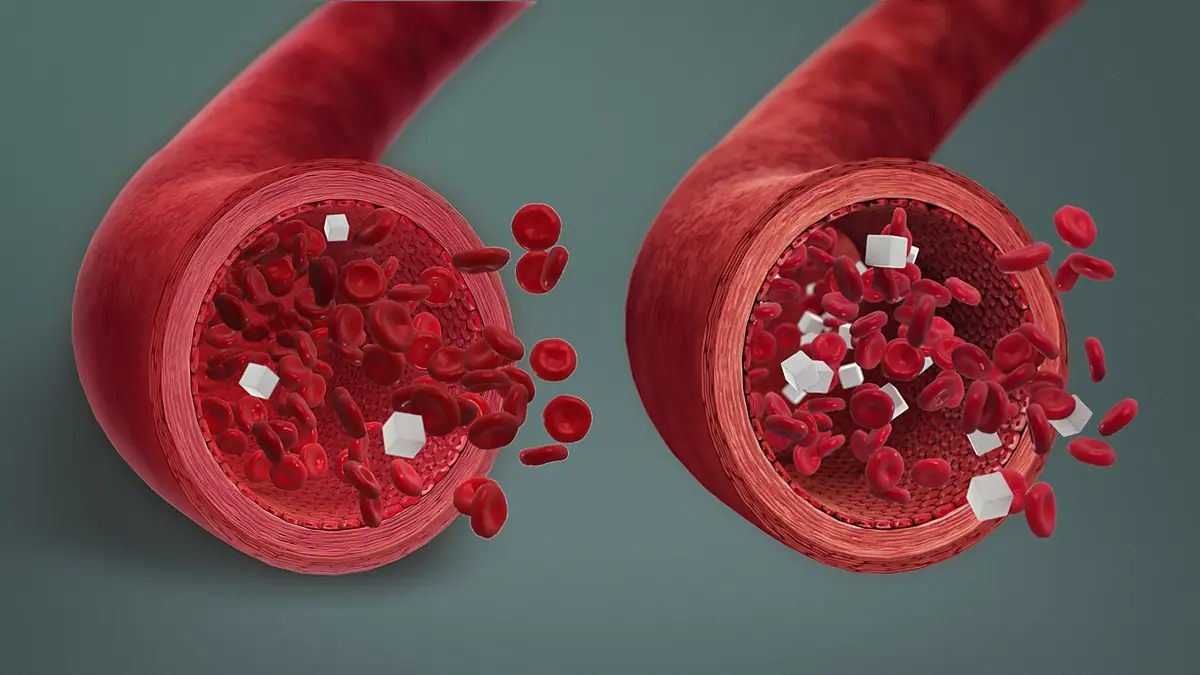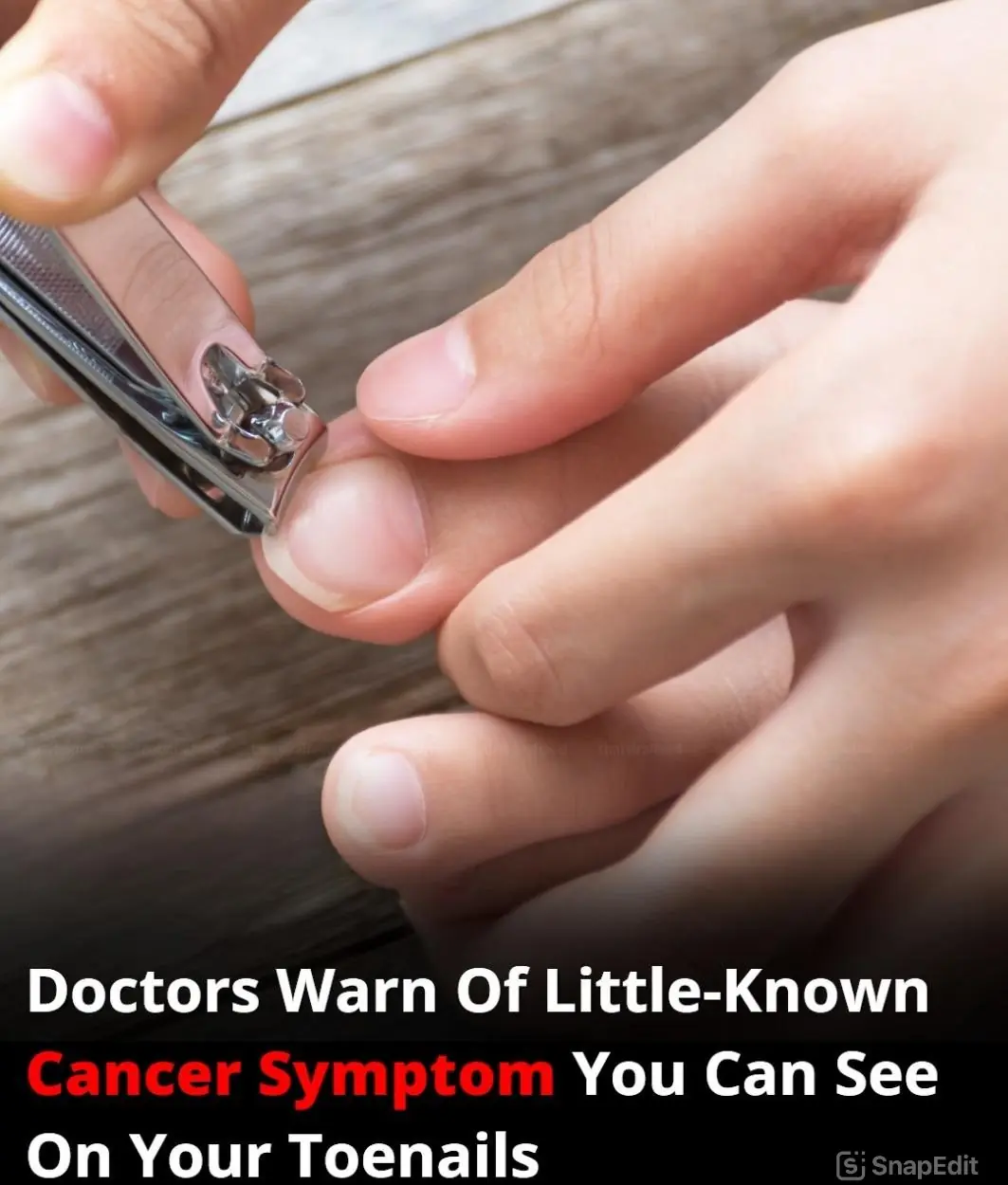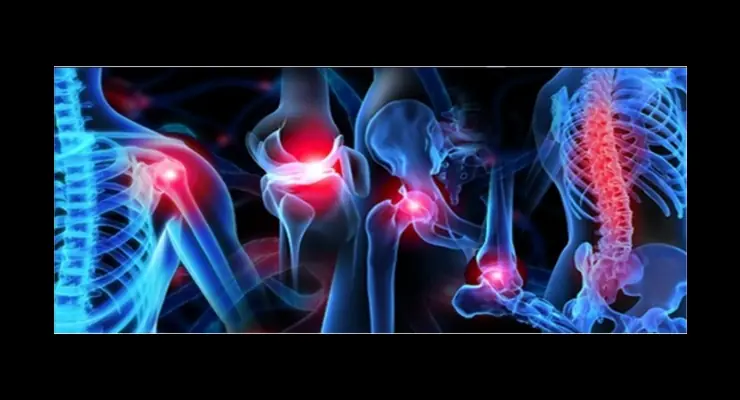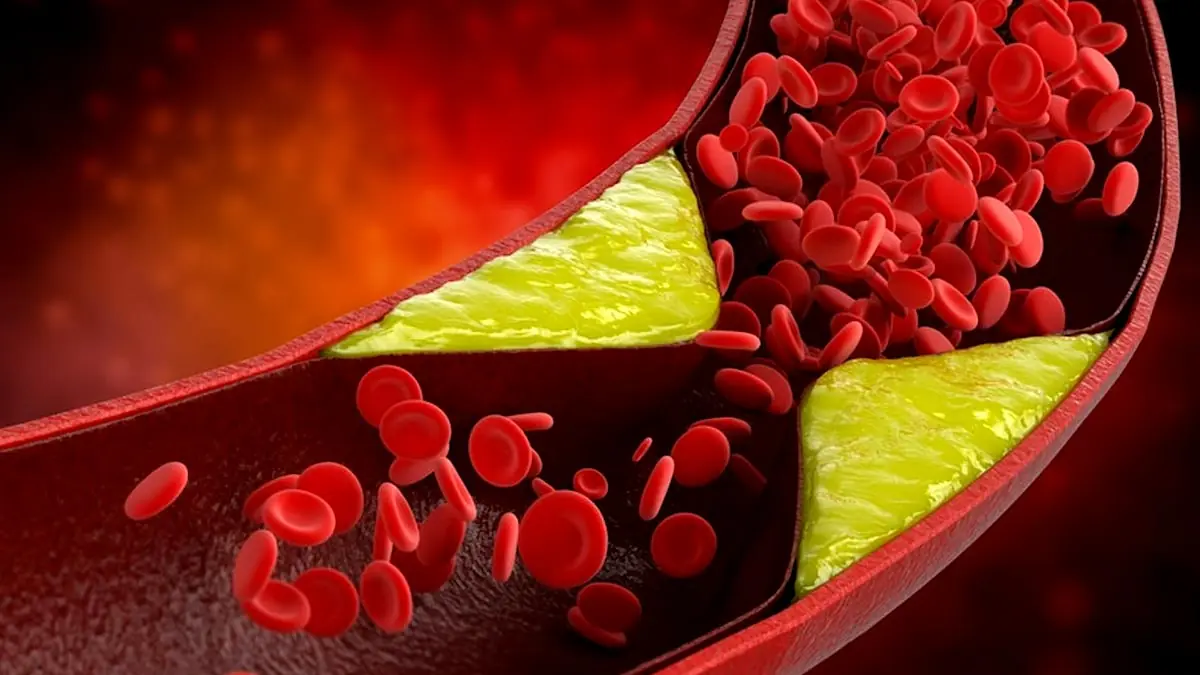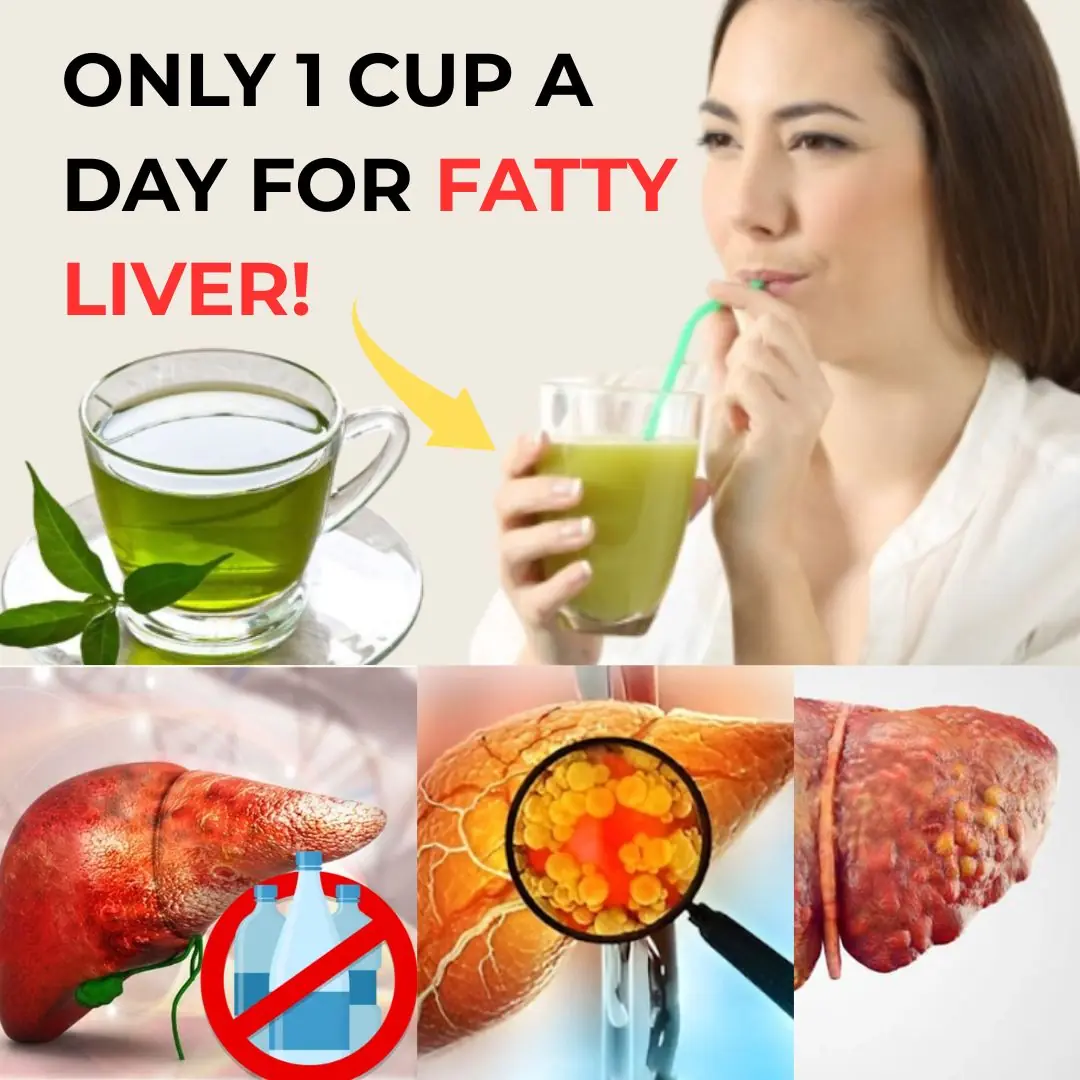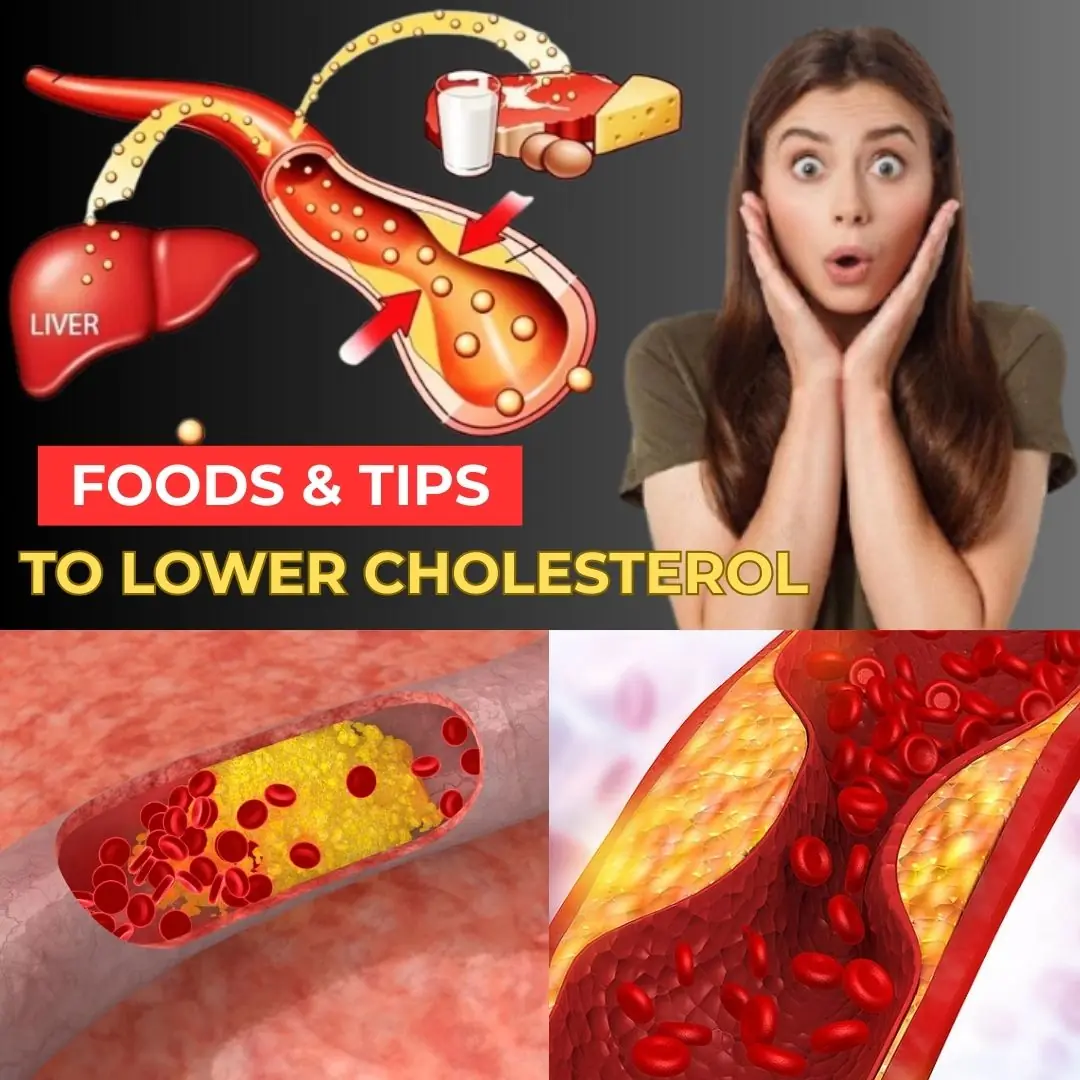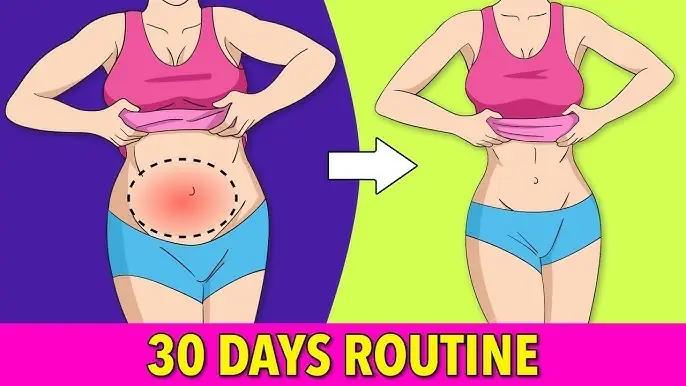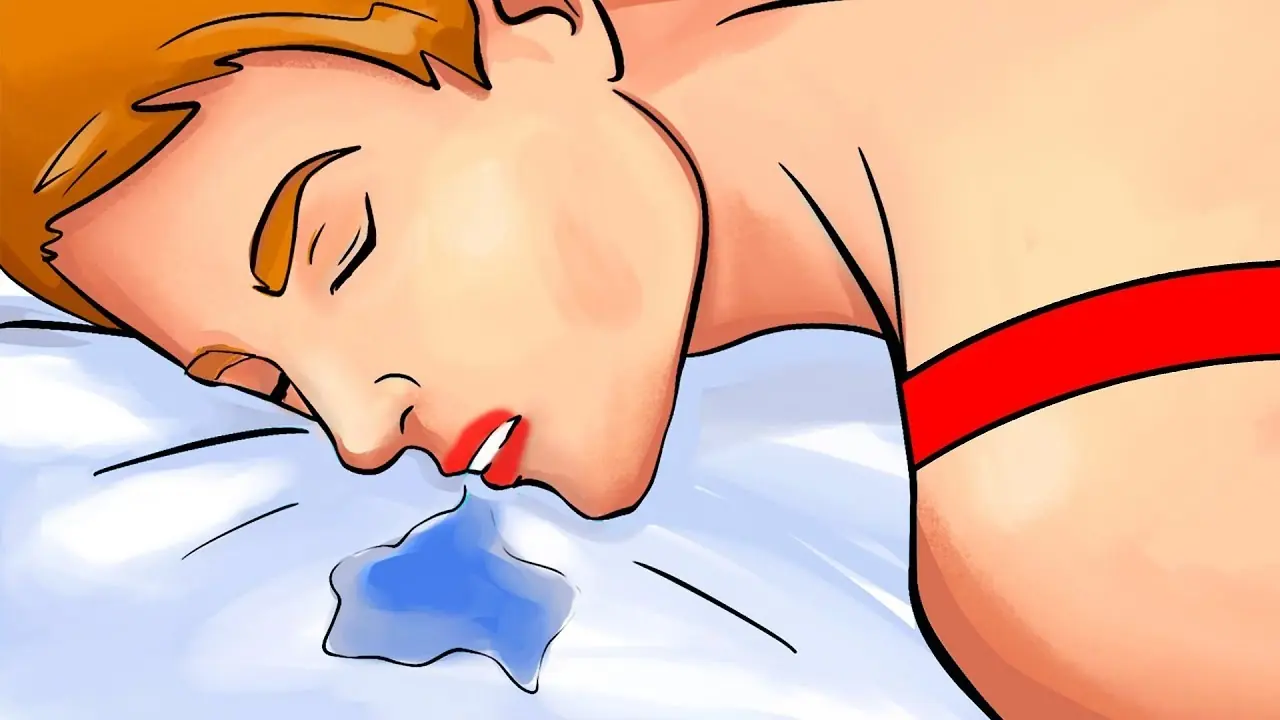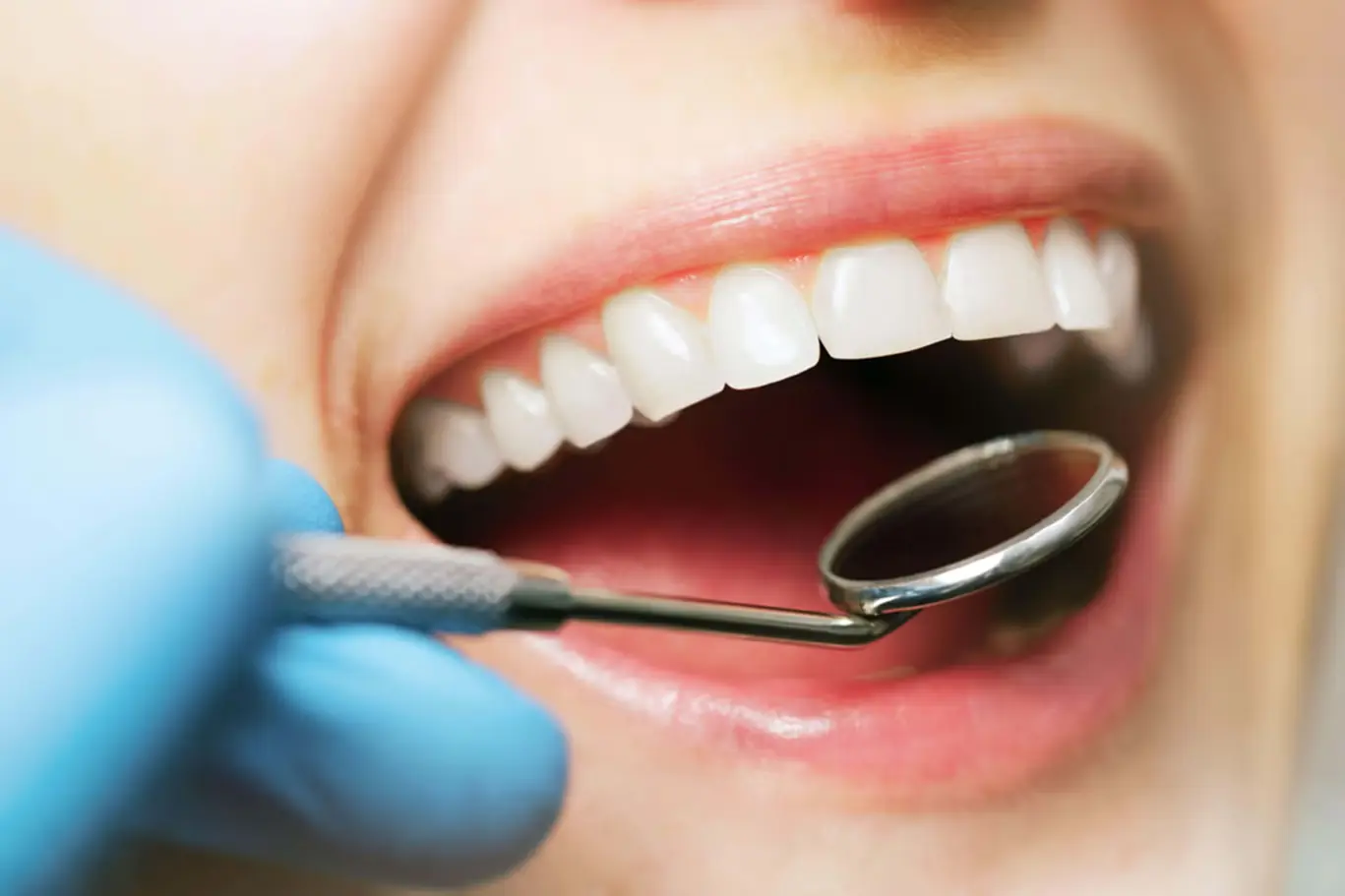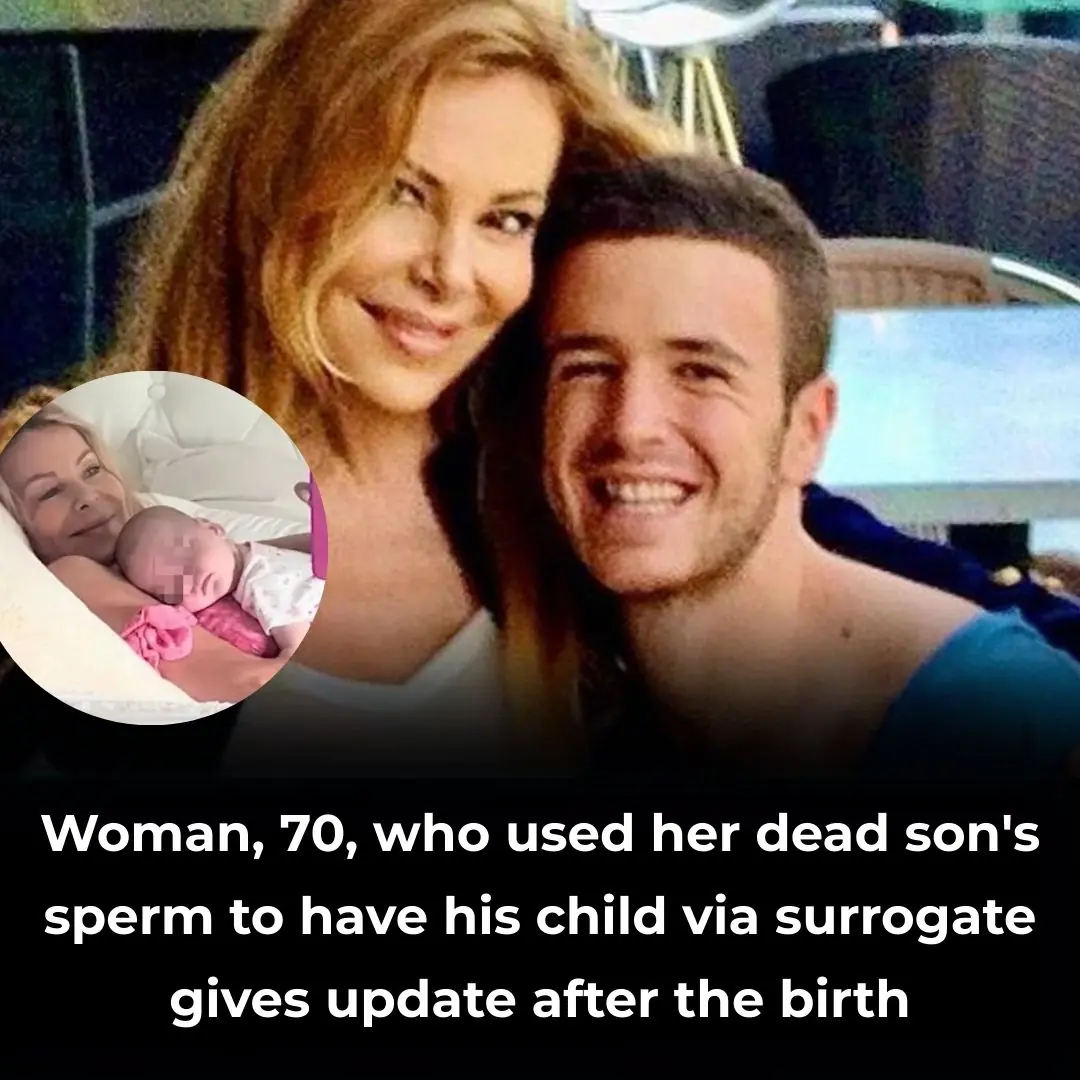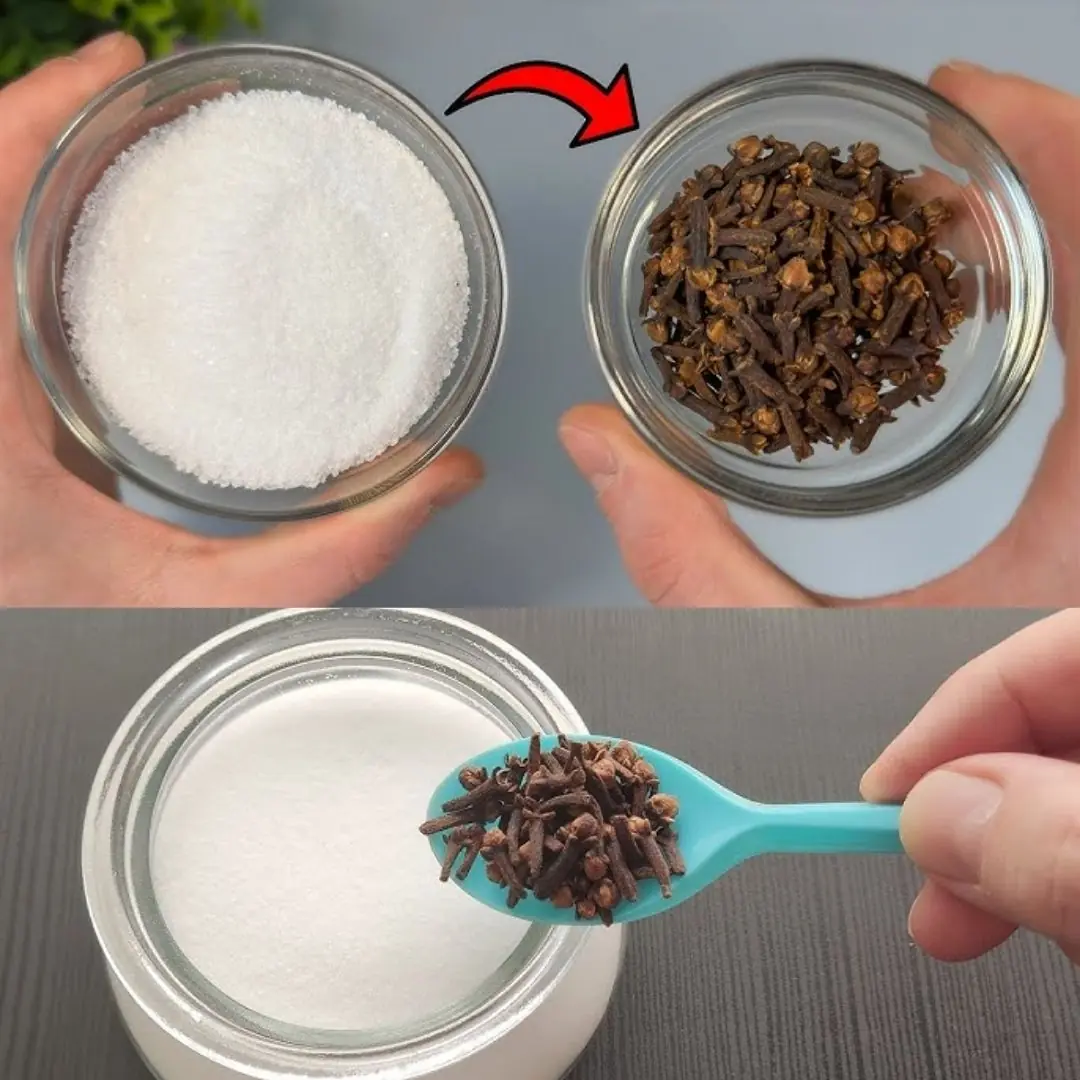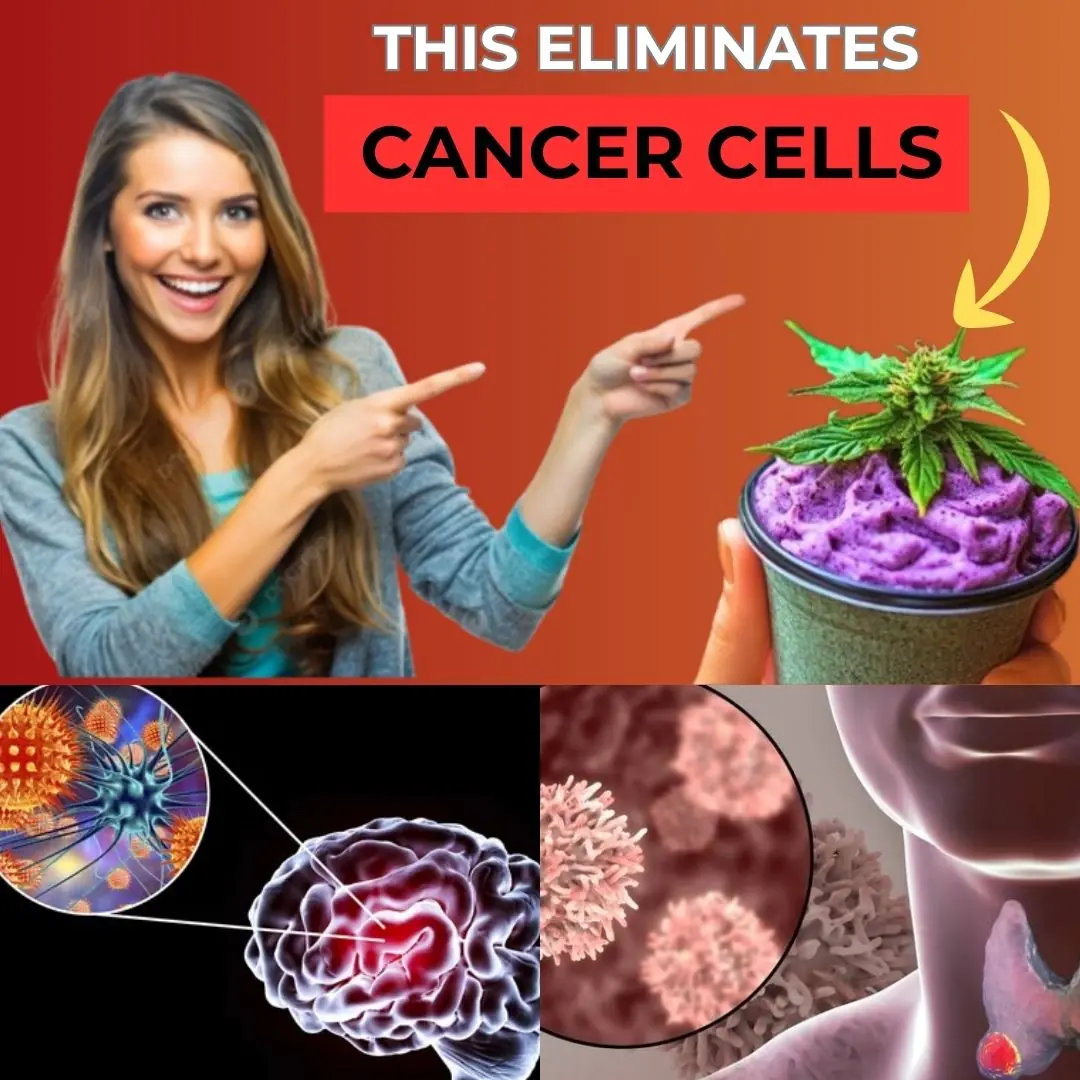Health experts have issued a warning, declaring our organs could be suffering after finding a dangerous hydrocarbon floating around in plastic water bottles.
According to industry data, North Americans guzzled 16.2 billion gallons of bottled water in 2024, with consumption rising by a jaw-dropping 2 percent when compared to the previous year’s publishings.
And while you may think reaching for a bottle of Evian or snapping up some Fiji Water is a healthy practice, scientists have revealed you actually could be doing some major damage to your health.
Previous research into how healthy bottled water is
Previously, researchers at Columbia and Rutgers Universities discovered that a litre of bottled water contained an average of 240,000 nanoplastic and microplastic fragments.
These microplastics - defined as minuscule pieces of plastic debris - are often formed with the breakdown of larger plastics and can be encountered in our cosmetics, our cleaning products, and, surprisingly, in our one-use water bottles.
After analyzing five samples of three common bottled water brands, researchers found seven different types of plastics in the liquid.
These included polyamide, a type of nylon, Polyethylene terephthalate (PET), a member of the polyester family, and even polystyrene.
In their paper, published in the journal Proceedings of the National Academy of Sciences, the experts theorised that most of the microplastics found in the water bottles were actually coming from the plastic casing itself.
According to the researchers, ingesting these microplastics can cause the shards to be transported to your liver, kidneys, your brain, and even make their way across a pregnant person’s placental boundary, ending up inside an unborn child, writes CNN.
.jpg)
.jpg)
Microplastics can cause damage to our internal organs
Following the Columbia and Rutgers probe, a new study published by Communications Biology has found our kidneys are the organ suffering the most from microplastic consumption.
The paper, titled ‘Activation of gut metabolite ACSL4/LPCAT3 by microplastics in drinking water mediates ferroptosis via gut–kidney axis’ has found that microplastics are the primary carriers of Benzo(a)pyrene (BaP).
BaP is a polycyclic aromatic hydrocarbon that can cause cancer, genetic defects, and damage fertility, writes the European Chemicals Agency (ECHA).
It is also classified as extremely toxic to aquatic life and tends to cause allergic skin reactions.
The paper claims that bottled water is the main source of microplastics, writing that these BaP-laced shards are doing serious damage to our intestinal wall, wreaking havoc on our kidneys, and causing systemic inflammation.
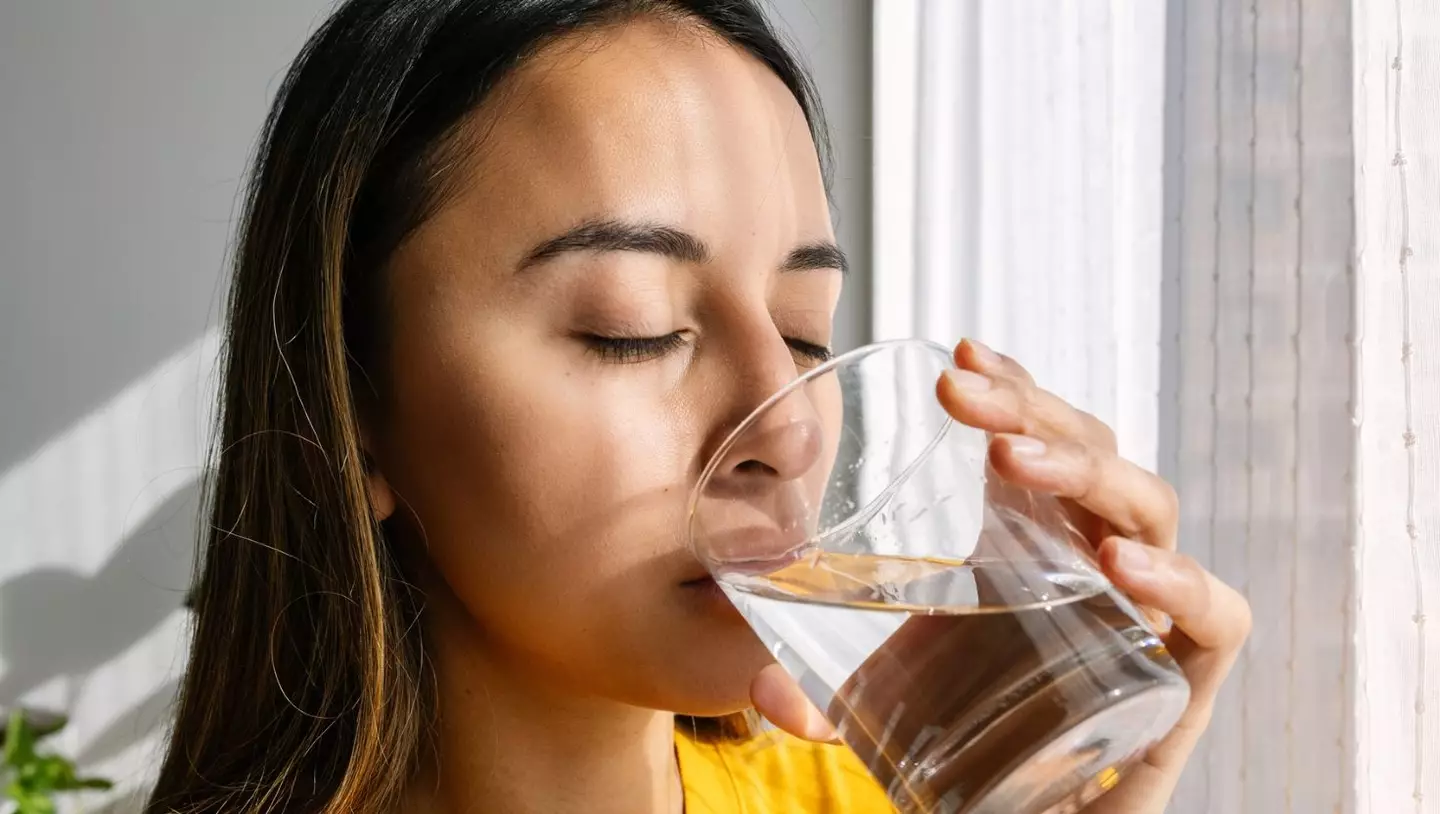

How can we reduce the microplastics we consume?
The good news is that you can dramatically decrease the amount of microplastics you consume just by ditching plastic water bottles.
Instead, specialists advise you to install a high-quality filter on your tap. It’s understood this can help you cut your intake down by a whopping 90 percent.
According to another paper, this time published by the Genomic Press, you could take your microplastic ingestion down from 90,000 to 4,000 particles each year if you go cold turkey on plastic-packaged liquid,
“Given the widespread presence of microplastics in the environment, completely eliminating exposure is unrealistic.
“A more practical approach is to reduce the most significant sources of microplastic intake,” the researchers wrote.
Other ways to reduce microplastic consumption
If drinking bottled water is one of your non-negotiables then good news: there’s a myriad of ways you can work to reduce how often you digest microplastics.
These include storing leftover food in glassware tubs, drinking through stainless steel straws, and being mindful of seafood consumption.
Instead of using plastic bags, opt to pack your grocery items in a cotton tote bag and be sure to buy organic clothes.
By choosing to travel via public transport, you’ll be removing one more car from the road, contributing to producing fewer microplastics overall.
